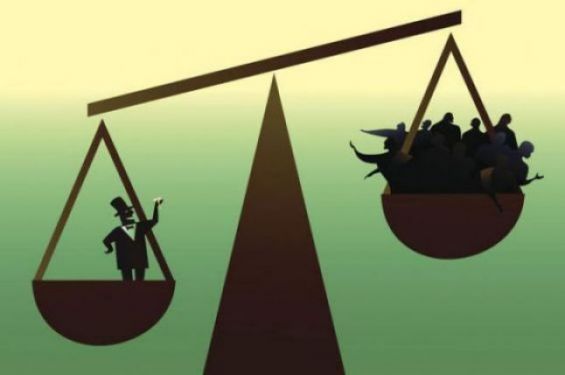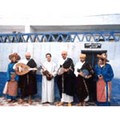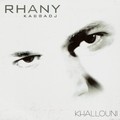According to a recent Oxfam report, 21 billionaires around the Middle East and North Africa region have seen their wealth grow by nearly $10bn since the start of the Covid-19 crisis. Meanwhile, 45 million people in the MENA region are bordering poverty because of the health crisis.
In the report, titled «For a Decade of Hope Not Austerity in The Middle East and North Africa», Oxfam reveals that since March 2020 the region’s wealthiest accumulated more than double «the regional emergency funds provided by the International Monetary Fund (IMF) to respond to the pandemic and almost five times the United Nation’s Covid-19 humanitarian appeal for MENA».
Reacting to the shocking findings, Oxfam insisted that governments in the region must «act quickly and raise revenues to protect the most vulnerable in society». Referring to inequalities in the MENA region, the organization revealed that if Jordan, Lebanon, Egypt and Morocco had implemented a two percent wealth tax from 2010, they could have raised $38bn in tax revenues. This could have helped improve public healthcare and create a strong social protection system.
Consider taxing wealth
In Morocco, a 2% tax on net wealth «would have raised almost $6.17bn between 2010 and 2019», according to Oxfam. The latter indicates that this sum «could have been used to extend mandatory health insurance to 7.5 million more people, doubling the population covered».
The same thing goes for other sectors and issues in the Kingdom. During the health crisis, Morocco introduced a monthly unemployment benefit of MAD 2,000 for formal workers and cash transfers for households of MAD 800–1,200 per month.
According to Oxfam, «if a solidarity net wealth tax was adopted at 5%, revenues generated (on 2019 data) could have been enough to almost double Morocco’s spending on the coronavirus response».
While none of these solutions were adopted in the region and in Morocco, inequalities in the MENA were widening. The report indicates that between 2010 and 2019 the number of high net wealth individuals with assets of $5m or more in Morocco increased by 24%, and their combined wealth increased to $221.5bn.
On the other hand, households in the Kingdom have seen their healthcare expenditure rise during the past decade : the out-of-pocket share of total health expenditure to 54% in Morocco.
In addition to exposing inequalities in MENA countries, the current health crisis could further deteriorate them. «Unless governments immediately prioritize people over profits and the rich pay their fair share, millions more will be pushed to the brink of poverty and denied their basic rights», Nabil Abdo, Oxfam in MENA’s senior policy advisor, concluded.





 chargement...
chargement...













